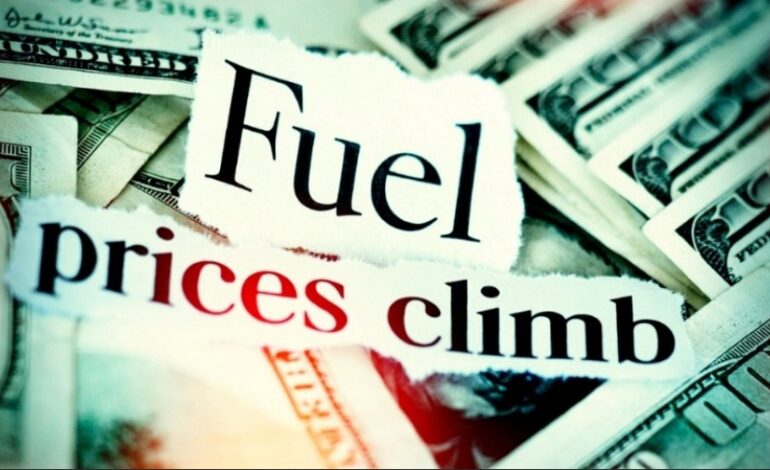
Avellon Williams
TRINIDAD AND TOBAGO – A spike in fuel prices triggered by Russia’s invasion of Ukraine poses a big problem for Caribbean countries, which are mostly oil importers, at a time when they are also suffering a loss of revenue from a steep decline in tourism due to the COVID-19 pandemic.
The conflict between Russia and Ukraine has thus caused an economic disruption in fuel prices in the region.
This is a serious issue, says Juan José Daboub, a former finance minister of El Salvador who was a managing director of the World Bank.
“Most Caribbean countries had planned their budgets under the assumption that fuel prices would be at about $50 a barrel this year,” Daboub said recently.
Juan José Daboub
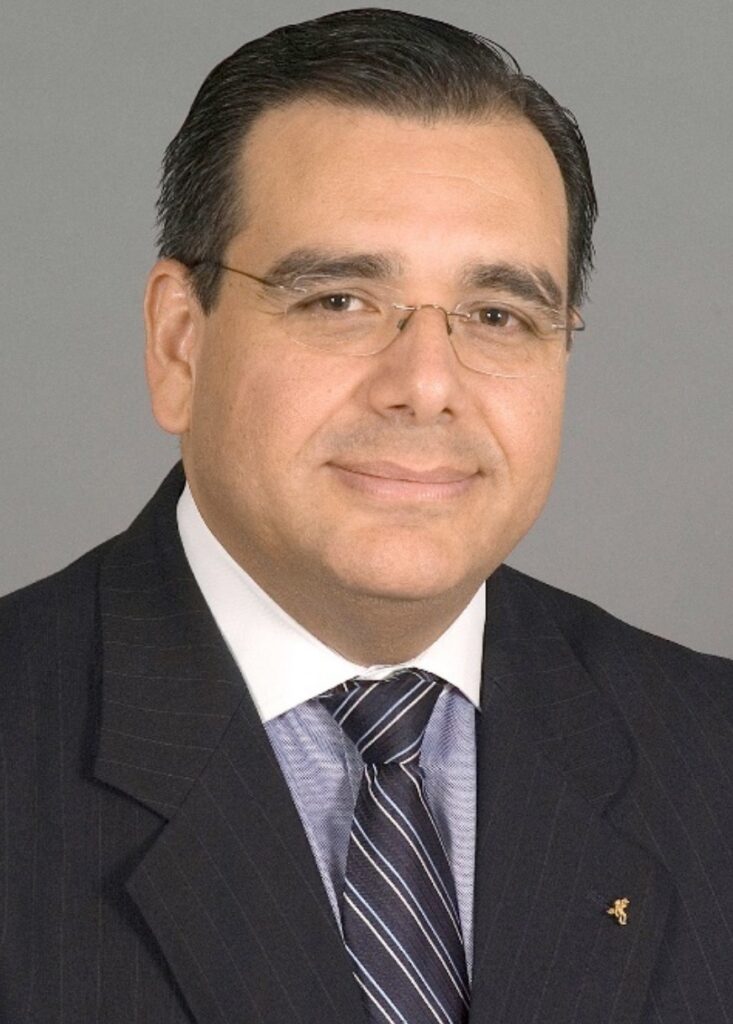
Since fuel prices are currently nearly twice as high, Daboub estimates that most Caribbean and Central American countries will have to make adjustments by increasing their national budgets by at least 20% this year.
He said this could mean the affected countries may have to buy fuel with funds that had been earmarked for health, education, or public works.
However, citizens of Trinidad and Tobago have been sheltered from much of this shock due to subsidised fuel prices. Trinidad and Tobago is an energy-based economy with over 100 years of experience in the oil industry. As such, governments continue to subsidise fuel prices so that citizens will not feel the full impact of international fuel prices.
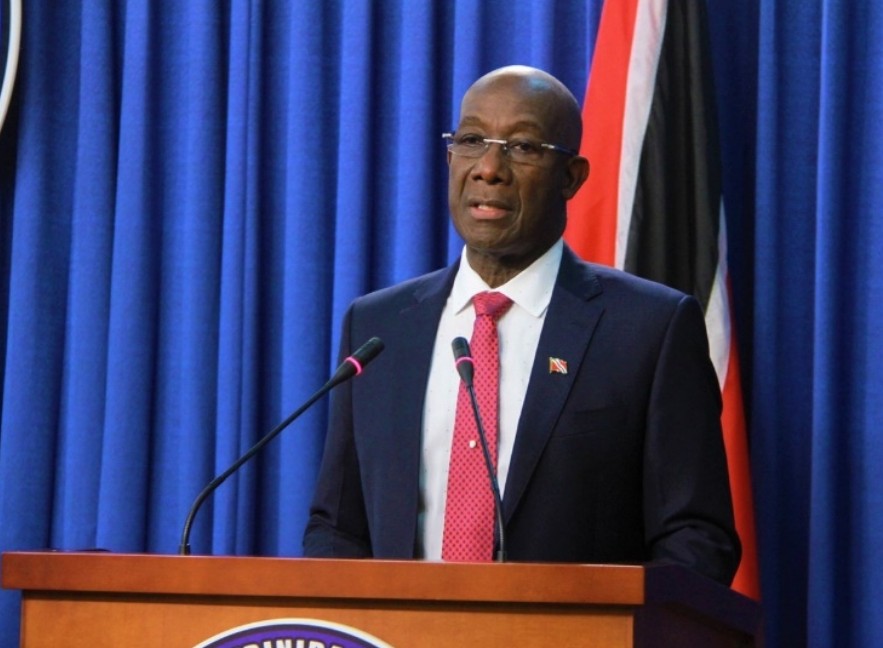
However, the recent economic downturn and COVID-19 pandemic mean that the current Government, led by Prime Minister Dr. Keith Rowley, no longer has the revenue to expend on a fuel subsidy as it has to channel expenditure in other key areas, including the health sector where the response the pandemic is costing billions not previously catered for.
Prime Minister Rowley has, in fact, recently indicated that the Government expends TT$767 million a year in fuel subsidies but will no longer be able to continue with this level of support, although world prices are increasing due to the Russian invasion of Ukraine and increased demand with Russia, a major oil exporter, facing US sanctions. He pointed out that between 1997 and the present, governments have spent $38.1 billion on fuel subsidies.
If the T&T Government removes the current subsidies on fuel, premium gasoline would go from TT$5.75 per litre to TT$7.58, super gasoline from TT$4.97 to TT$7.46 per litre and diesel will move from TT$3.71 to TT$6.58 per litre.
It now costs a motorist TT$180 to fill a car tank with fuel, TT$300 to fill an SUV, TT$205 for a 4×4 vehicle and TT$280 for a maxi taxi. These prices would go to TT$235 (car), TT$450 (SUV), TT$363 (4×4) and TT$497 (maxi taxi) without subsidies.
However, the Prime Minister says because the country’s own oil production has decreased over the years, it may be impossible to continue the subsidy at the existing levels.
“We will see how much funding we can find to take the pressure off the population, but they cannot be insulated completely.
Dr. Keith Rowley
I don’t see the hike in oil prices as opening up volumes, because we are not producing the same levels as before,” he said during a recent event.
The Prime Minister said under the current situation if world oil prices continue to rise his government may have to borrow to make up the expected shortfall. He has put citizens on alert, therefore, for a possible increase in fuel prices.


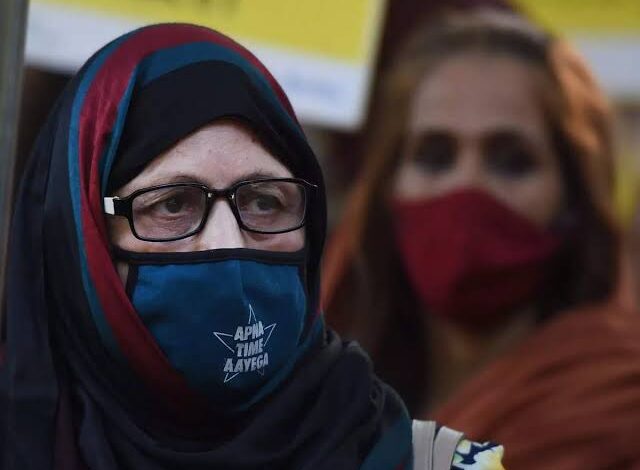
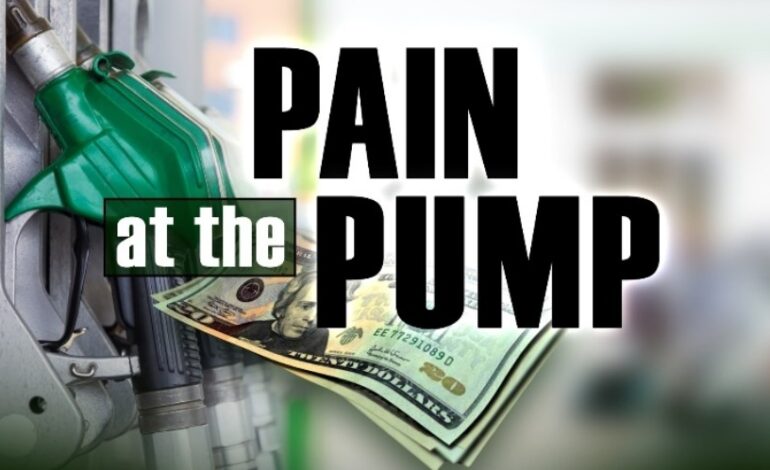

Recent Comments